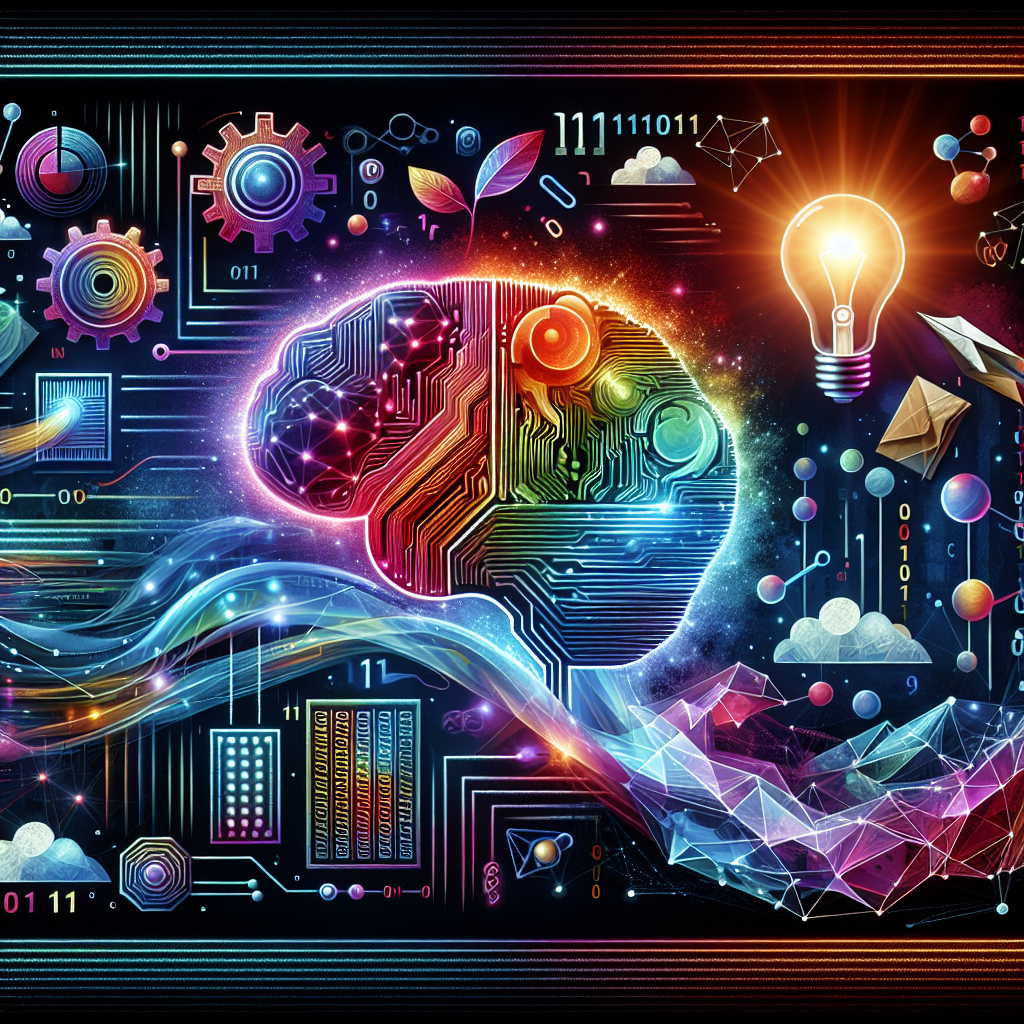Unleashing the Power of AGI: The Future of Technology and Innovation
Artificial General Intelligence (AGI) is a term that has been gaining traction in the world of technology and innovation. AGI refers to a type of artificial intelligence that possesses the ability to understand, learn, and apply knowledge in a way that is indistinguishable from human intelligence. While most current AI systems are designed for specific tasks or narrow applications, AGI has the potential to revolutionize the way we interact with technology and the world around us.
The development of AGI has the potential to usher in a new era of technological advancement and innovation. With the ability to think and reason like a human, AGI can be used to solve complex problems, make decisions, and even create new technologies and products. This has the potential to significantly impact a wide range of industries, from healthcare and finance to transportation and entertainment.
In this article, we will explore the power of AGI and its implications for the future of technology and innovation. We will discuss the potential benefits of AGI, as well as some of the challenges and ethical considerations that come with developing such advanced artificial intelligence. We will also provide a FAQ section at the end to address some common questions about AGI.
Benefits of AGI
One of the key benefits of AGI is its ability to perform a wide range of tasks with human-like intelligence. This means that AGI can be used to tackle complex problems that require reasoning, creativity, and critical thinking. For example, AGI could be used to develop new drugs and treatments for diseases, design innovative products and services, or even predict and prevent natural disasters.
Another benefit of AGI is its potential to increase efficiency and productivity in a variety of industries. By automating tasks that are currently performed by humans, AGI can help businesses save time and resources, while also improving the quality of their products and services. This can lead to increased profits, higher customer satisfaction, and a more competitive edge in the market.
Furthermore, AGI has the potential to revolutionize the way we interact with technology. With AGI, devices and machines can become more intuitive and responsive, making them easier to use and more adaptable to our needs. This can lead to a more personalized and seamless experience for users, whether they are using a smartphone, a self-driving car, or a smart home system.
Challenges and Ethical Considerations
While the development of AGI holds great promise, it also comes with a number of challenges and ethical considerations. One of the main concerns surrounding AGI is its potential impact on the job market. As AGI becomes more advanced, there is a risk that it could replace human workers in a wide range of industries, leading to widespread unemployment and economic disruption. This raises important questions about how society will adapt to the rise of AGI and ensure that everyone has access to meaningful work and opportunities.
Another challenge of AGI is its potential to be misused or abused. As AGI becomes more powerful, there is a risk that it could be used for malicious purposes, such as hacking, surveillance, or even warfare. This raises important ethical questions about how AGI should be regulated and controlled to ensure that it is used for the benefit of society, rather than for harm.
Furthermore, there are concerns about the impact of AGI on privacy and security. As AGI becomes more integrated into our daily lives, there is a risk that it could be used to collect and analyze vast amounts of personal data, leading to potential breaches of privacy and security. This raises important questions about how AGI should be designed and implemented to protect the rights and freedoms of individuals.
FAQs
Q: What is the difference between AGI and other types of artificial intelligence?
A: While most current AI systems are designed for specific tasks or narrow applications, AGI is designed to possess the ability to understand, learn, and apply knowledge in a way that is indistinguishable from human intelligence. This means that AGI can perform a wide range of tasks with human-like intelligence, rather than being limited to a single task or application.
Q: How close are we to achieving AGI?
A: While there has been significant progress in the field of artificial intelligence in recent years, achieving true AGI remains a challenge. Many experts believe that we are still several decades away from developing AGI that is truly indistinguishable from human intelligence. However, with continued research and innovation, it is possible that we could see significant advancements in the field of AGI in the coming years.
Q: What are some potential applications of AGI?
A: AGI has the potential to revolutionize a wide range of industries, including healthcare, finance, transportation, and entertainment. For example, AGI could be used to develop new drugs and treatments for diseases, design innovative products and services, or even predict and prevent natural disasters. The possibilities are endless when it comes to the potential applications of AGI.
In conclusion, the development of AGI has the potential to revolutionize the way we interact with technology and the world around us. With the ability to think and reason like a human, AGI can be used to solve complex problems, make decisions, and create new technologies and products. While there are challenges and ethical considerations that come with developing such advanced artificial intelligence, the benefits of AGI are vast and far-reaching. As we continue to push the boundaries of AI research and innovation, it is important to consider the implications of AGI and ensure that it is used for the benefit of society as a whole.

